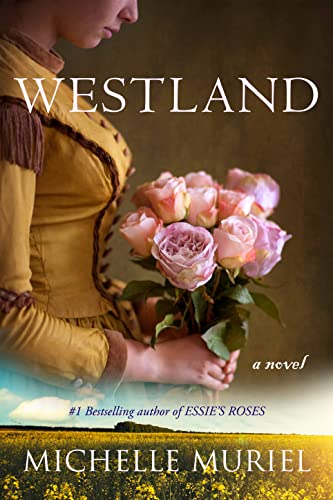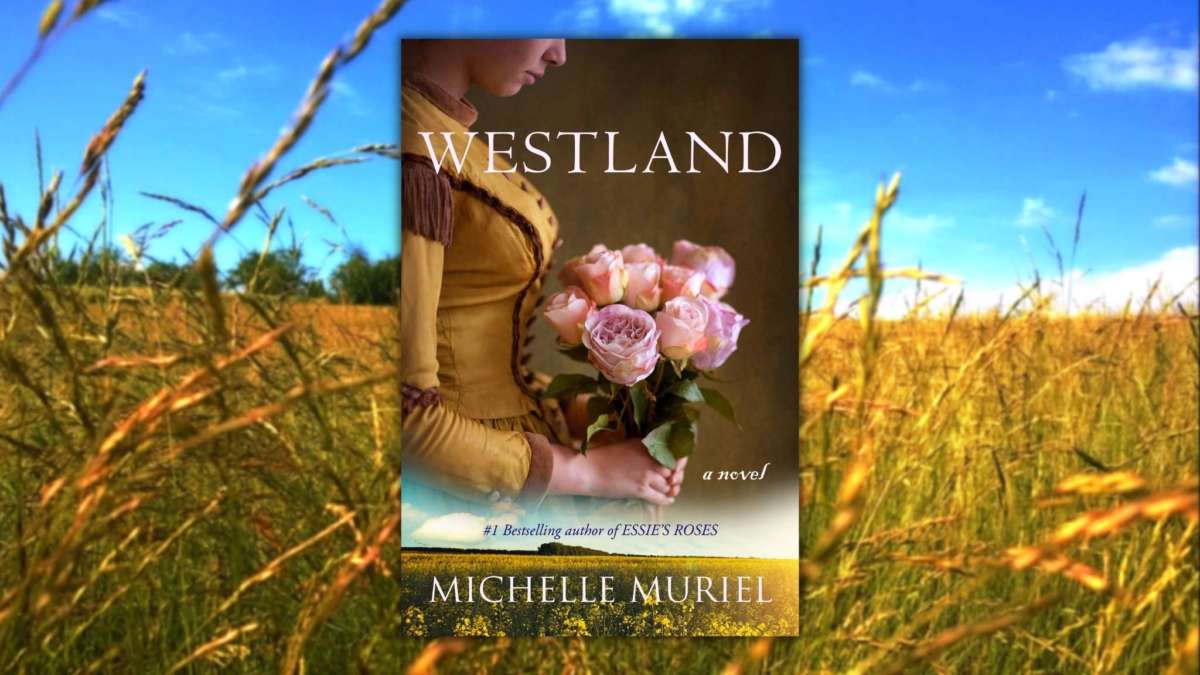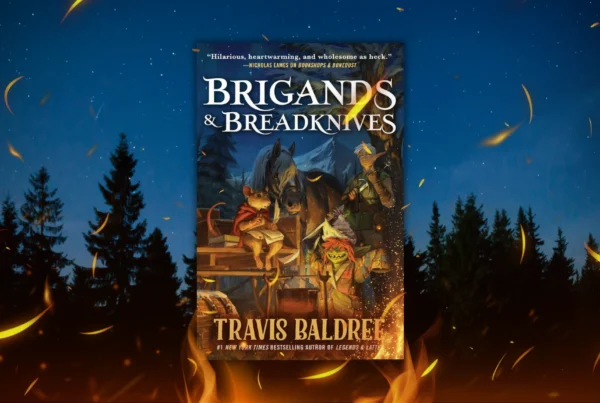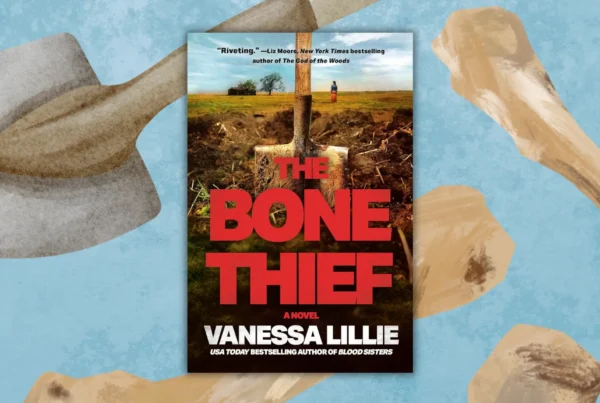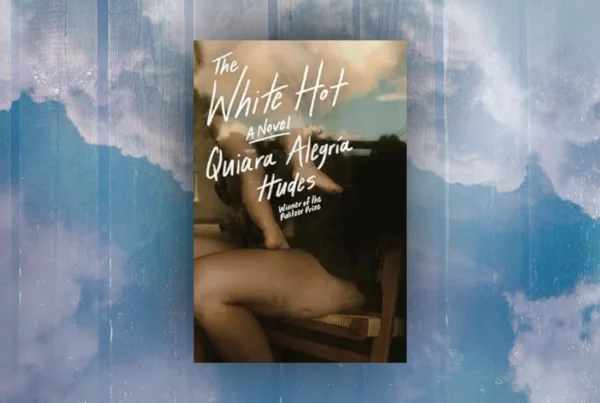Westland by Michelle Muriel
There’s so much to love about Michelle Muriel’s latest book of fiction, Westland (Little Cabin Books). It’s a fine history lesson set in Alabama shortly after the Civil War, where folks are trying their best to recover and rebuild — not only their homes and their land but also their relationships and histories. There are love stories and kidnappings, murders, secrets and buried treasure. In the ruined gardens, flowers bloom and send messages of their own. Muriel deftly weaves it all together.
Westland is the name of the plantation, which has been in the family for generations. It’s a beautiful place, if scarred by war and neglect, and the house with its gardens is as much a character in this novel as the people who live there.
The book is narrated alternately by four women: Evie, the plantation owner’s beloved daughter; Essie Mae, a mixed-race slave girl of questionable parentage; Delly, more family than slave, is the nanny and housekeeper and the glue that holds the place together. The fourth voice is Katie, the beloved matriarch of Westland, whose dying wish was that Evie and Essie Mae come home.
CHILDHOOD FRIENDS REUNITE AS SOCIAL LANDSCAPES SHIFT
The reunion of Evie and Essie Mae, who share an unbreakable childhood friendship, is the catalyst for the unraveling of plots. It is also emblematic of the South during that time. Newly freed slaves and strong-willed women are trying to find their voices, the traditional balance between master and slave, between man and woman, is being tested, obliterated, re-shaped.
Essie Mae, so light-skinned she could pass as white, is still very aware of her status as a freed slave and uncomfortable traveling with a white chaperone/bodyguard. Delly, aging and wise, is a free woman who voluntarily remains in her old position as housekeeper. She considers Evie and Essie Mae her girls. She raised them while Katie oversaw the running of the plantation. Bo, too, remains as he was as a slave: the right-hand man, jack-of-all-trades and essential manager of much of the plantation upkeep.
Like an old movie plot, Katie’s widower James is struggling to keep the plantation, threatened by greed and drought and the mysteriously missing deed. Brush fires and burning outbuildings (arson?) light up the night. Men demand payment of old, maybe apocryphal, debts, and although the war is over, the battles are not.
A LUSH AND LYRICAL PORTRAYAL OF THE OLD SOUTH
Muriel’s writing is lyrical, almost musical at times, and she paints a picture of the Old South so rich and lush that readers may fancy that they can smell the roses and feel the electricity of a coming storm. She’s done her homework about the fashions of the time; women sweep into rooms with long skirts and pearls and beribboned hats. Men tip their hats.
Although Westland holds its own as a stand-alone novel, readers may want to read her previous book Essie’s Roses in which Katie is very much alive and the scandals that fester in Westland first take place. Here is where the fragrances of the gardens become an integral part of the stories, and the colors of the petals speak a language of their own. In both books, characters present bouquets, tuck blossoms in their hair, arrange stems in vases and explain the meaning of a fistful of forget-me-nots.
Westland is a richly-layered novel populated with unforgettable and eccentric characters who have futures outlined for them. Muriel fans will want a third book in the Essie’s Roses series soon.
